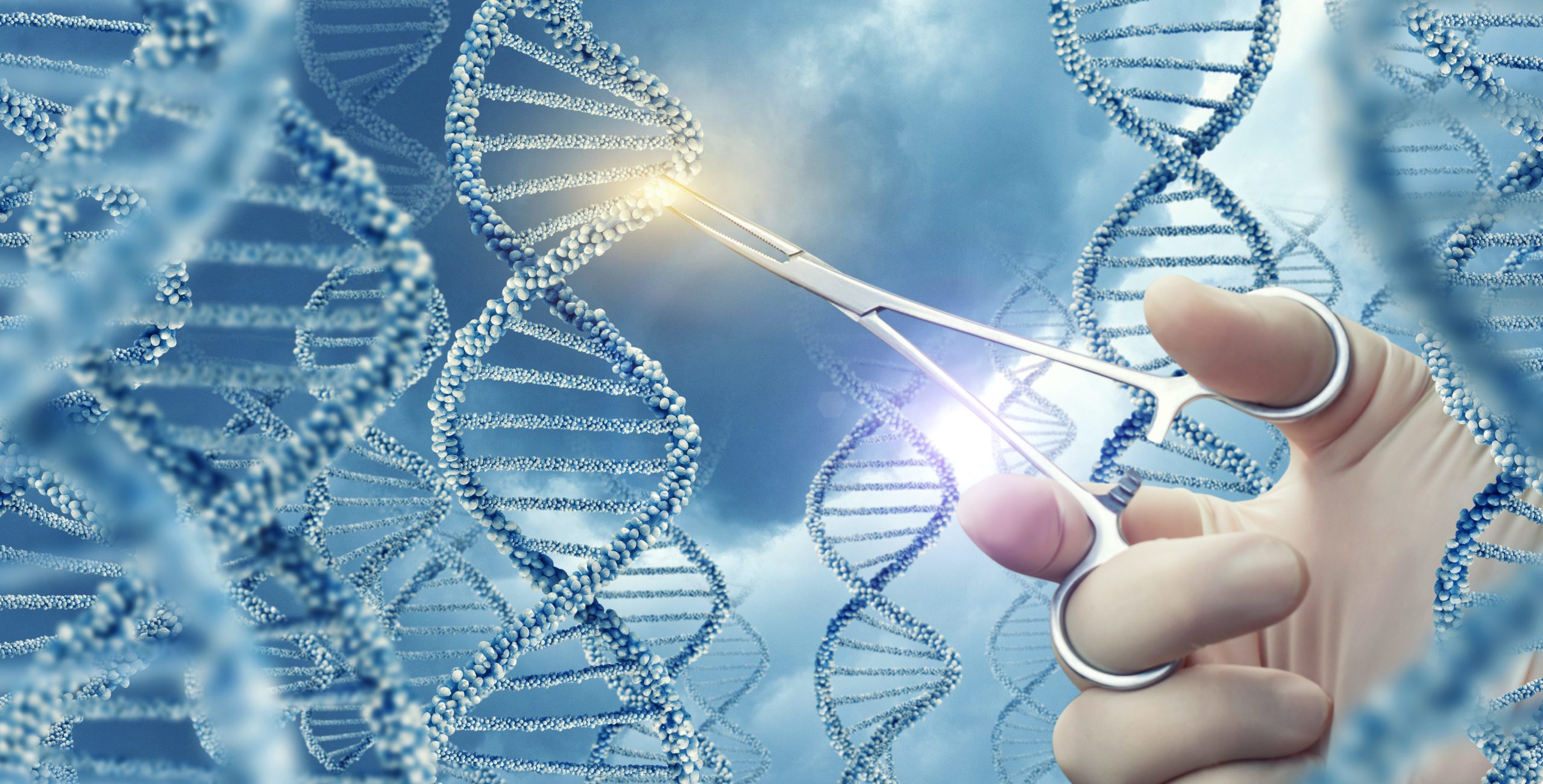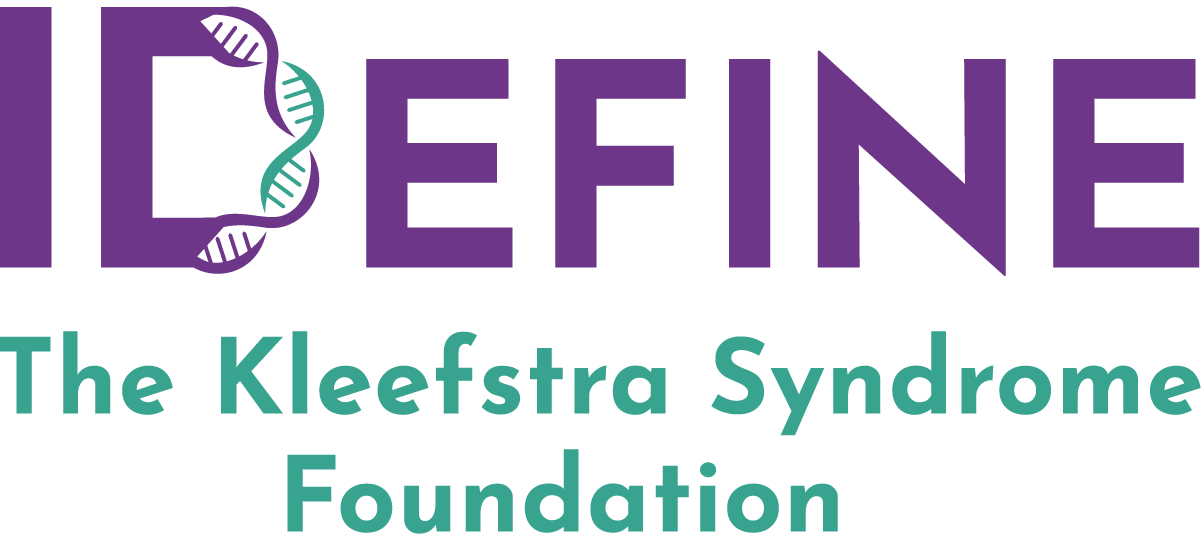IDefine invests in developing stem cell line models

Last month, on Kleefstra Syndrome Awareness Day, IDefine announced it had signed a contract to develop iPSC’s – stem cell line models that have been created with Kleefstra Syndrome – that can be used to test potential therapeutics. The investment, coupled with existing mice models, will provide information critical to determining effectiveness and safety issues prior to going into human clinical trials.
One line is being made with cells provided by a member of the KS community, a second line is being provided by a parent of that person with KS (as a control), and a second KS line is being created using CRISPR, a gene editing tool.
A Powerful Tool
“CRISPR lets you make very precise modifications to cell lines,” said IDefine Chief Science Officer Eric Scheeff. “What we’re going to do is put the exact same mutation that the KS patient has into the parent’s cells. That’s called an isogenic line. What that means is the control line has only one change in it, and it’s the mutation to EHMT1. So now you have a control line and a disease model line that are completely genetically identical, except for that one change.
“It’s very helpful for experiments because if you see a difference between the parent’s line and the CRISPR line in an experiment, it’s very likely it’s because of the mutation in EHMT1. Then we also have the real-world KS patient line. We can use all those lines together in experiments and show how they are behaving. It’s a very powerful way to be able to compare your data when you’re doing experiments.”
COMBINEDBrain Partnership
The iPSCs will be created with, and stored, in the COMBINEDBrain biorepository in New Jersey. IDefine joined COMBINEDBrain, the Consortium for Outcome Measures and Biomarkers for Neurodevelopmental Disorders, earlier this year. The nonprofit includes 30 patient advocacy groups working to speed the path to clinical treatments for people with severe rare genetic, nonverbal neurodevelopmental disorders by pooling efforts, studies and data.
 COMBINEDBrain has a structured system to evaluate researcher requests to use materials from the biorepository, and ensure the requests meet ethical guidelines before the biobank materials are released.
COMBINEDBrain has a structured system to evaluate researcher requests to use materials from the biorepository, and ensure the requests meet ethical guidelines before the biobank materials are released.
“Working with COMBINEDBrain, we will provide our lines to anyone that wants to do work on KS,” said Scheeff. “It’s really important we have these lines because when you’re talking to researchers or drug developers and trying to get them interested in your disorder, the first thing they’re going to want is access to cell lines. If it takes a lot of steps or a lot of time for them to get the lines they need, then that’s a risk for them. Whereas once we have our own lines, we can expedite release; there’s not going to be any barriers from our end.”
The COMBINEDBrain biorepository also stores biofluids such as blood, cerebrospinal fluid, urine and saliva as well as tissue biopsies. If it’s determined there’s a research need, IDefine can bank additional materials provided there are willing donors from the KS community.

